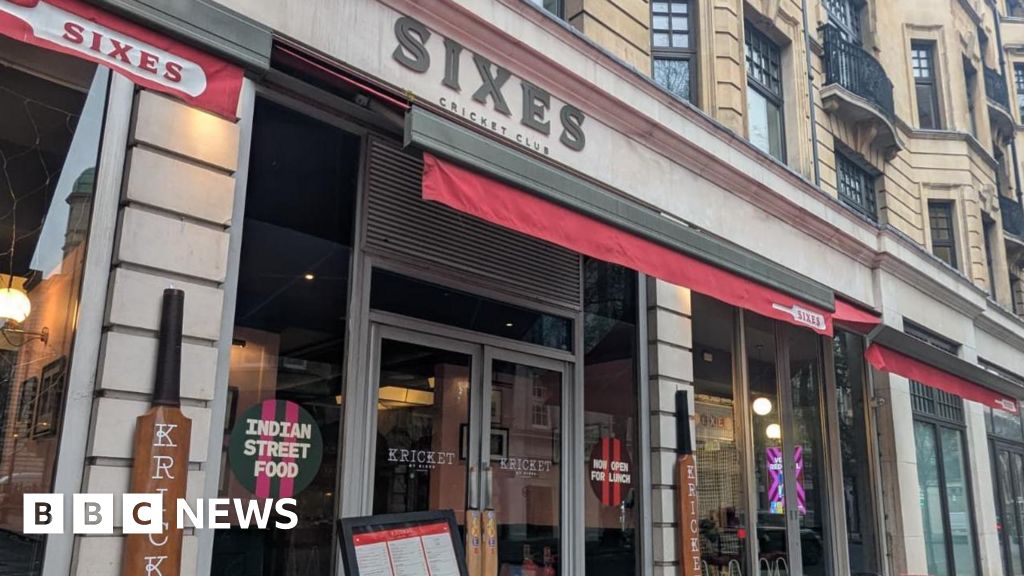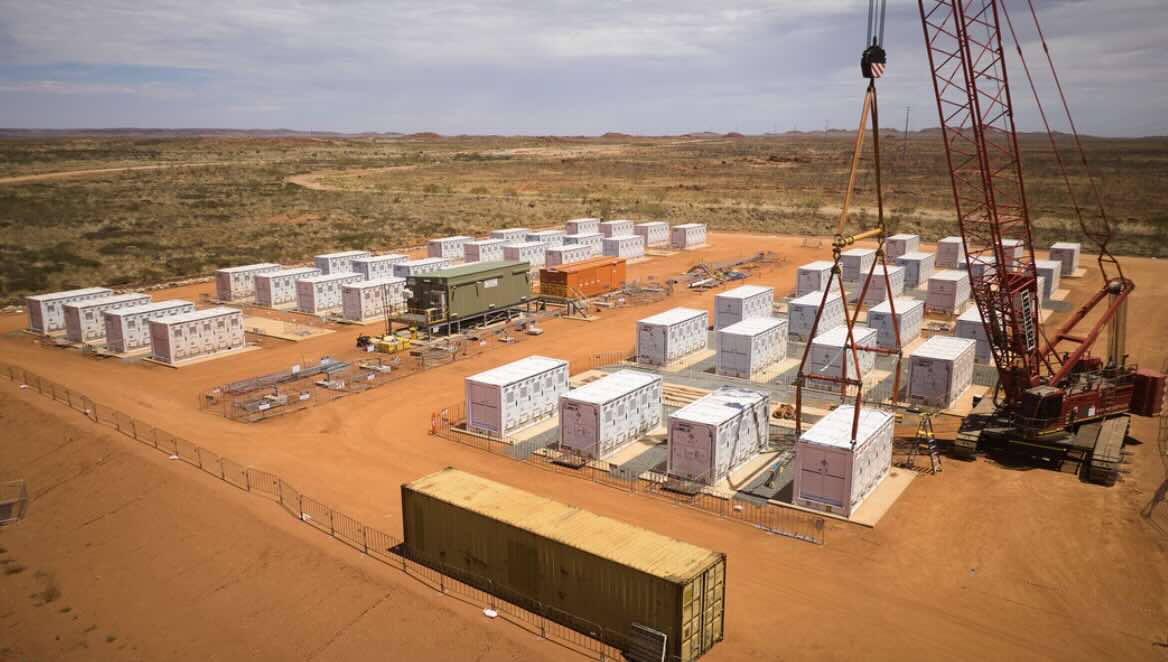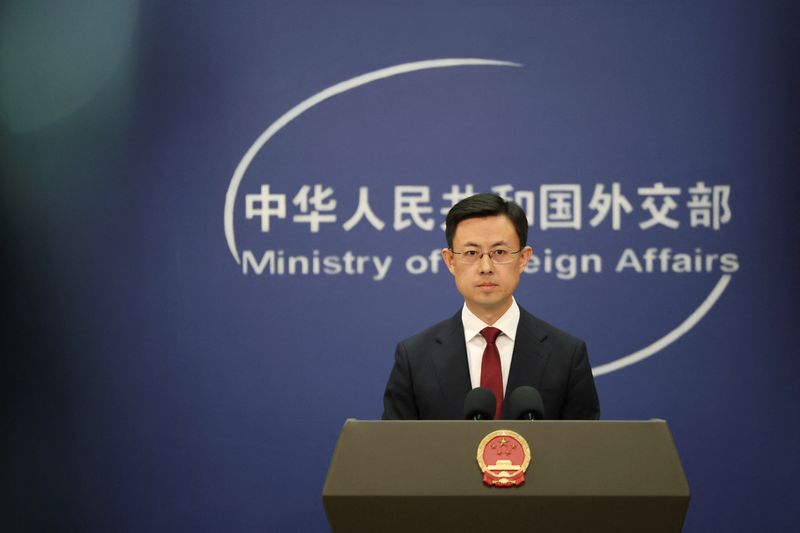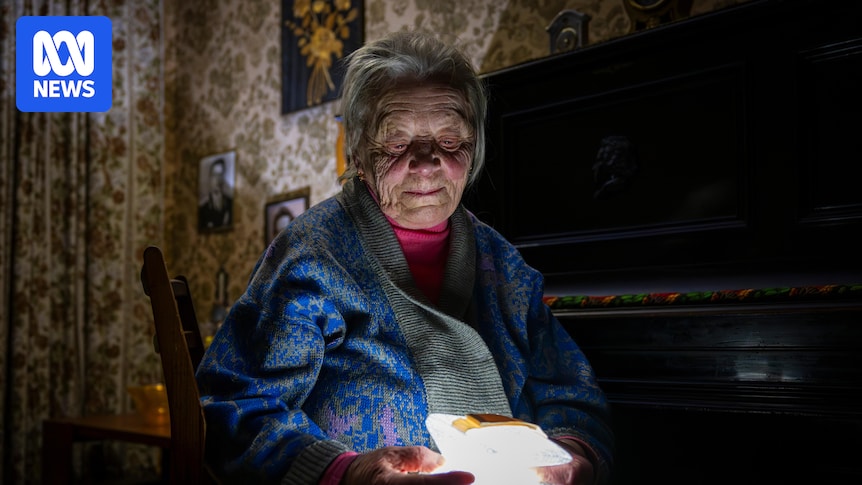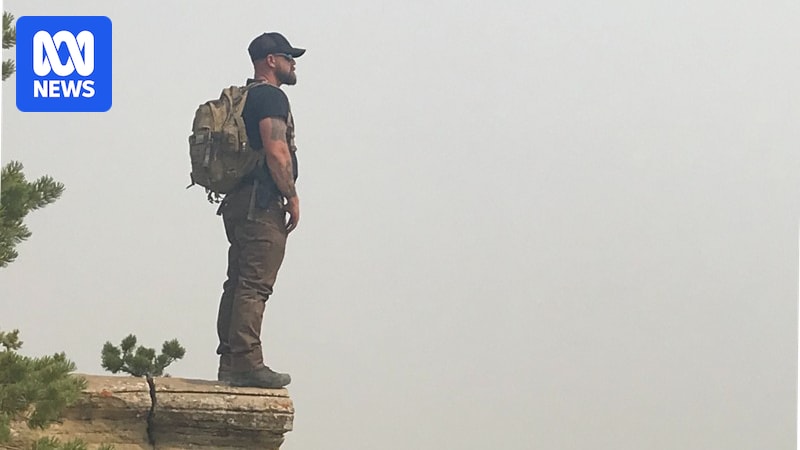
The American security contractor Michael Reynolds listed his new employer as “confidential” but detailed his role online as part of a “US-Israel partnership.” According to his LinkedIn profile, Reynolds previously held a senior position with an organization labeled by a prominent US civil rights legal center as an “anti-government extremist organization.” In May, Reynolds became a security contractor for a “humanitarian aid program” in Gaza, later identified as UG Solutions, a security provider for the contentious Gaza Humanitarian Foundation (GHF).
The GHF, backed by the US and Israel, has become the primary aid provider to approximately 2.1 million Gazans, overtaking the United Nations. This shift occurs as half a million Gazans face famine, with the rest experiencing emergency hunger levels, according to the World Food Programme. Despite Israeli Prime Minister Benjamin Netanyahu’s disputes, international pressure mounts over evidence of starvation, with GHF aid hubs criticized as “death traps” by Palestinians and human rights experts.
Controversy and Criticism
Since its inception, GHF has faced severe criticism for its operational methods. The agency’s aid distribution at four sites on a “first come, first served” basis has led to deadly encounters with the Israel Defense Forces (IDF). Almost 800 people were killed near GHF sites in the first eight weeks of operation, according to the UN. Critics argue that this approach exposes large crowds to unnecessary risk.
Anthony Aguilar, a former UG Solutions contractor, publicly alleged witnessing IDF soldiers committing war crimes, including firing on crowds. Both UG Solutions and GHF have denied these claims. Aguilar expressed concerns over the professionalism of security contractors, many of whom were recruited from a US military motorcycle club known as “Infidels MC.”
Local and International Reactions
Sami Muamar, a Palestinian-born educator in Brisbane, has advised his family in southern Gaza to avoid GHF aid sites, opting instead to send money for black-market food purchases. “I said I don’t want you to risk anybody’s life, just to stay home,” Muamar stated, highlighting the dangerous conditions at aid distribution points.
Israel’s aid restrictions have exacerbated the crisis, with a complete blockade from March to May, citing concerns over Hamas infiltration. However, an internal US government analysis reportedly found no evidence of Hamas profiteering from US aid, a finding contested by the White House.
Concerns Over Militarization and Secrecy
US Congress members have raised alarms about the “militarization” of aid through GHF’s collaboration with the IDF and armed US contractors. They argue that aid providers should remain impartial and independent from military forces. Australian lawyer Chris Sidoti, who co-chaired a UN Commission of Inquiry, expressed suspicions about GHF’s true purpose due to its secrecy.
“No one really knows where [GHF] came from, who set it up, whose idea it was, who’s funding it, and where they’re sourcing their personnel,” Sidoti told the ABC.
GHF’s financial dealings further fuel these concerns. Initially planning a Swiss bank account for donors, GHF settled on registration in Delaware, a US tax haven. Its executive director, former US Marine Jake Wood, resigned before operations began, citing conflicts with humanitarian principles.
Financial and Operational Challenges
GHF claimed nearly $120 million in funding from “other government donors,” with Israel denying involvement despite reports of covert contributions. The US State Department approved a $30 million grant to GHF, despite objections from USAID officials who found it failed to meet standards. Democrat lawmakers have demanded an investigation, citing “exorbitant” operational costs.
Security and Extremist Links
GHF operates with two private American firms, Safe Reach Solutions and UG Solutions, for security and logistics. Contractor Michael Reynolds’s role involves “crowd control” with extensive weaponry, raising concerns due to his past with Mayhem Solutions Group, labeled as an “anti-government extremist organization” by the Southern Poverty Law Centre (SPLC).
SPLC claims “anti-government groups” like Mayhem are “part of the anti-democratic hard-right movement.”
UG Solutions, led by former US Special Forces and CIA personnel, emphasizes rigorous vetting of its staff. However, the backgrounds of contractors and their affiliations with extremist groups remain under scrutiny.
Safe Reach Solutions, founded by former CIA operative Philip Reilly, adds another layer of complexity. Reilly’s past involvement with the CIA’s response to 9/11 and subsequent roles highlight the intricate ties between security operations and military intelligence.
Implications and Future Outlook
The controversy surrounding GHF underscores the challenges of delivering aid in conflict zones. Amnesty International’s Mohamed Duar criticized GHF as an “illegitimate and inhumane aid agency,” warning that “more people will die from starvation than bombardment.”
As the situation in Gaza remains dire, with over 60,000 Palestinians killed in nearly two years of conflict, the effectiveness and intentions of GHF are questioned. Chris Sidoti speculates that GHF may be a facade to placate international concerns without genuine humanitarian intent.
“The whole exercise has been an absolute shambles,” Sidoti commented, suggesting it might be a pretense by Israel and the US to appear proactive under mounting pressure.
With calls for transparency and accountability growing louder, the future of GHF and its role in Gaza’s humanitarian landscape remains uncertain.



